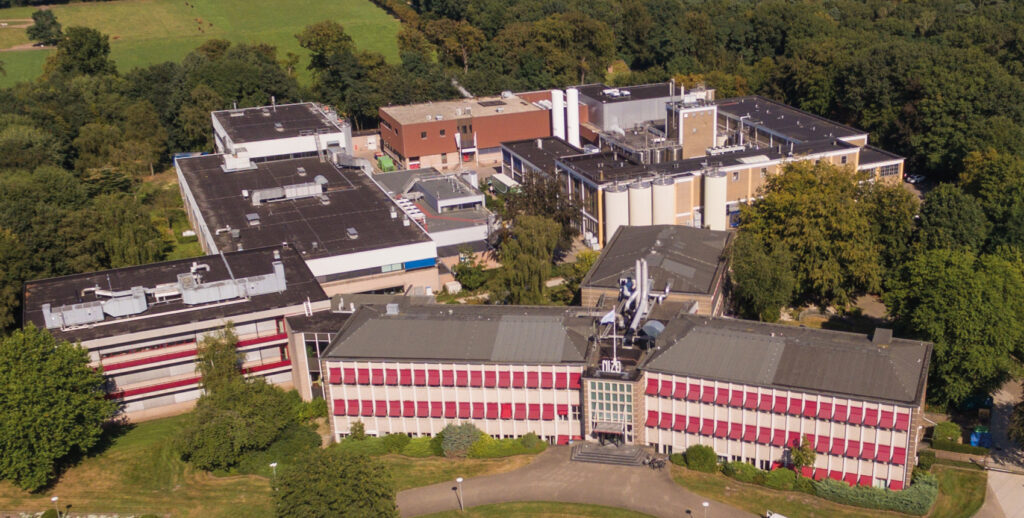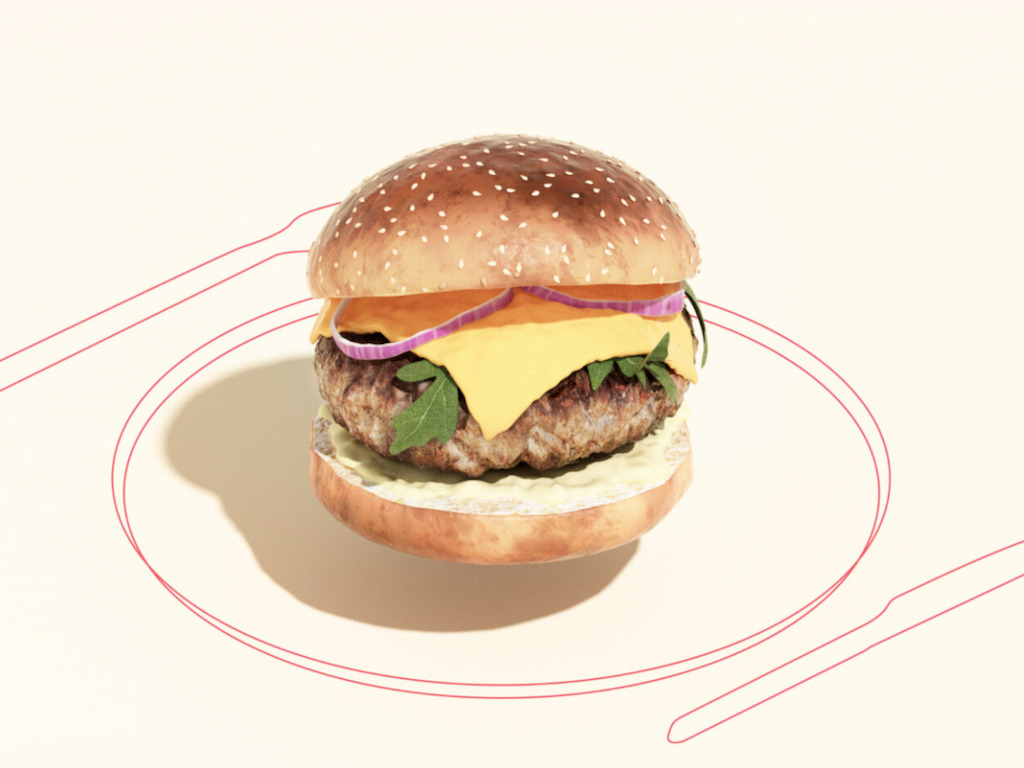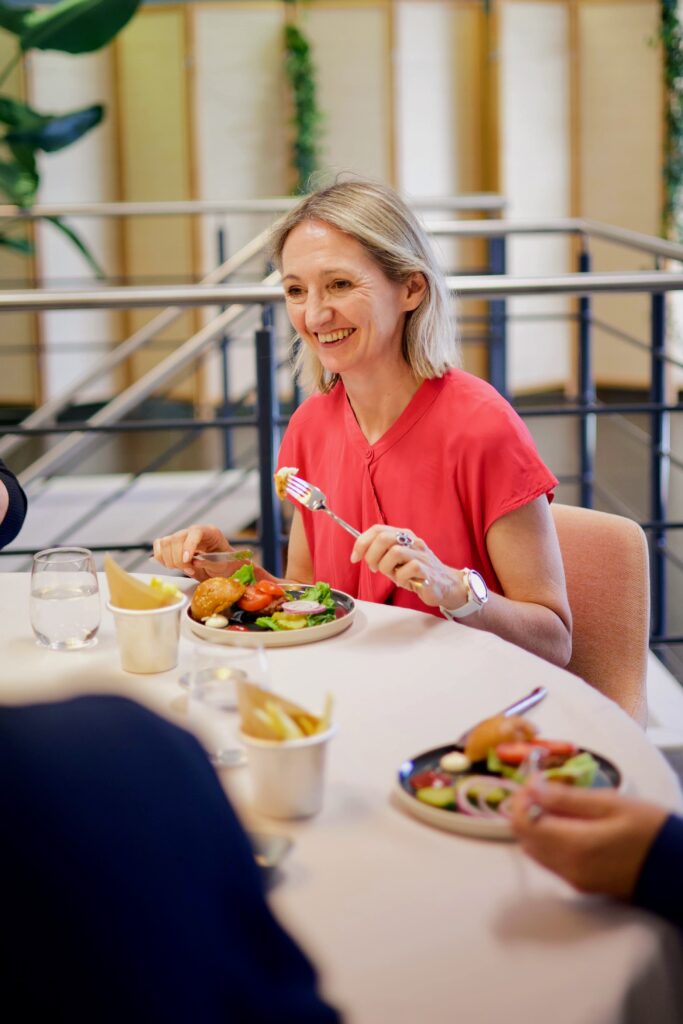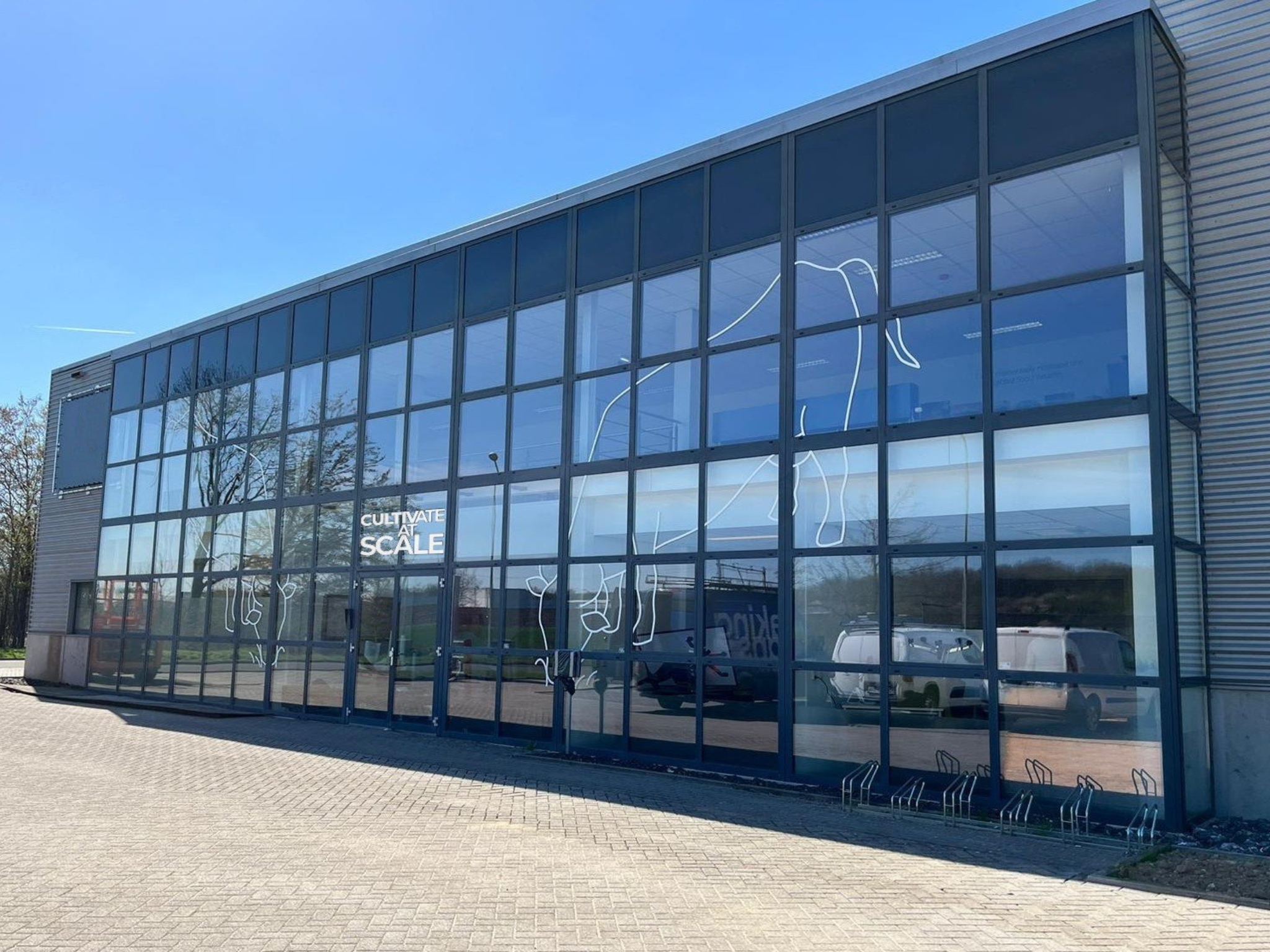Dutch Govt Cements Sustainable Protein Leadership with €25M Investment in Scale-Up Facilities
5 Mins Read
The Netherlands has launched two open-access facilities with a €25M injection – to scale up planet-friendly food production via cellular agriculture.
Further cementing its position as a future food leader, the government of the Netherlands has backed the establishment of two independent scale-up facilities for cultivated meat and precision fermentation.
The hubs have been developed via a public-private partnership involving the Cellular Agriculture Netherlands, contract research organisation Nizo Food Research, cultivated meat pioneer Mosa Meat, the Dutch National Growth Fund, and the agrifood ministry.
The move will see the expansion of Nizo’s Biotechnology Fermentation Factory (BFF) in Ede, with a new large-scale upstream processing segment under construction. The other facility, Cultivate at Scale, is a spin-out of Mosa Meat in Maastricht, and will be focused on cell culture bioprocesses.
Each facility is infused with a €12.5M grant from the National Growth Fund through CAN, supported by an equal contribution from other investors (either in cash or kind). For example, BFF has received €5M in financing from Nizo, as well as funding from the province of Gelderland (via a fund managed by Oost NL). It means both hubs benefit from a €25M investment.
Both will provide companies working in cell culture and precision fermentation with the infrastructure to expand their R&D and production processes, and accelerate their path to market, without the need for costly, pilot-scale manufacturing inputs.
CAN spokesperson Ira van Eelen said the foundation was working in collaboration with research and educational institutes to enable them to keep the facilities updated with the latest insights.
She highlighted the importance of the open access, which can help startups secure their IP and support their downstream and food processing. “If you look at the scale we can provide we have been able to do this at astonishingly low costs. That’s super important if we want this food production [model] to be successful, and it will also mean that startups can do this at good conditions,” she told Green Queen.

How the scale-up facilities will help future food innovators
The BFF enables precision fermentation companies and research institutions to test and develop innovations, and scale ideas from lab-scale to larger volumes. The facility is open to both domestic and international companies, and aims to attract new business activity to the Dutch Foodvalley.
It offers a direct connection to Nizo’s food-grade downstream processing facility – said to be Europe’s largest pilot plant of its kind – and food application research. It draws on the organisation’s analytical, regulatory, and commercialisation expertise to enable fast product and process development and seamless scaling.
“Shared facilities like the BFF are essential for reducing the high costs associated with scaling up,” said Marcel Oogink, managing director of the plant. “For startups, these costs are often simply too high. By collaborating with Nizo, companies will benefit from decades of knowledge and experience.”
The Cultivate at Scale facility, meanwhile, is run by a highly experienced team that has managed production batches for multiple cellular agriculture companies, supported by world-class suppliers of cell feed, cell lines and bioreactors.
Its production environment is said to have “advanced quality control processes in place”, which has helped create multiple novel food dossiers for regulatory approvals in the past.
“This groundbreaking initiative, made possible by the financial support of the Dutch government, Mosa Meat’s expertise in cultivated meat production and the collaboration of partners across the cellular agriculture ecosystem, represents a major step forward for our industry,” said Jaco van der Merwe, managing director of Cultivate at Scale.
“Together with our dedicated team, we look forward to helping companies bridge the gap from research to scalable production, accelerating the global transition to sustainable and innovative food systems.”

Why the Netherlands is a novel food leader
The development comes months after a report co-authored by Foodvalley NL called for increased investment and policy support to help alternative protein startups overcome scale-up challenges in the country.
It expands the Ede-Wageningen region’s leadership in food innovation, housing institutions like Wageningen University and Research, Foodvalley NL, and Nizo. According to the latter, the expansion of current facilities will boost the area’s growth as an international biotech and protein transition hub, and aligns with the Gelderse Climate Plan and the provincial agriculture and food policy to create a more sustainable food system.
But it’s not just the local region that has been a pioneer in future food. The Netherlands itself is a European leader in this space. Through Mosa Meat, it was home to the world’s first cultivated meat burger in 2013, and it is the only EU nation to have approved and hosted public tastings for these proteins.

The national government has invested €67M in cultivated meat research so far, more than any of its European counterparts, and also made a €60M commitment towards the development of a cellular agriculture ecosystem.
Its lawmakers have also batted for cultivated meat in the EU, where some member states have tried to justify a ban on cultivated meat (like the one introduced in Italy). The country expressed doubt that an “absolute ban” is proportionate to any issues presented by these proteins, and believed that its objectives could be achieved in “an alternative, less far-reaching way, without introducing a ban on a product that has not yet been placed on the market”.
It also noted how cultivated meat can economically benefit farmers. “The possibility of in-vitro meat production on a farm has been investigated and found feasible, and in the Netherlands, livestock farmers have already come forward who want to investigate how this production can be achieved on their farm,” it said.
These efforts are reflective of the views of the Dutch population, 63% of whom are supportive of the sale of cultivated meat if it passes regulatory hoops, with 59% open to trying these products. They’re also more opposed to any proposed bans on these proteins than any other nation in the EU, with only 25% indicating support for such legislation.



